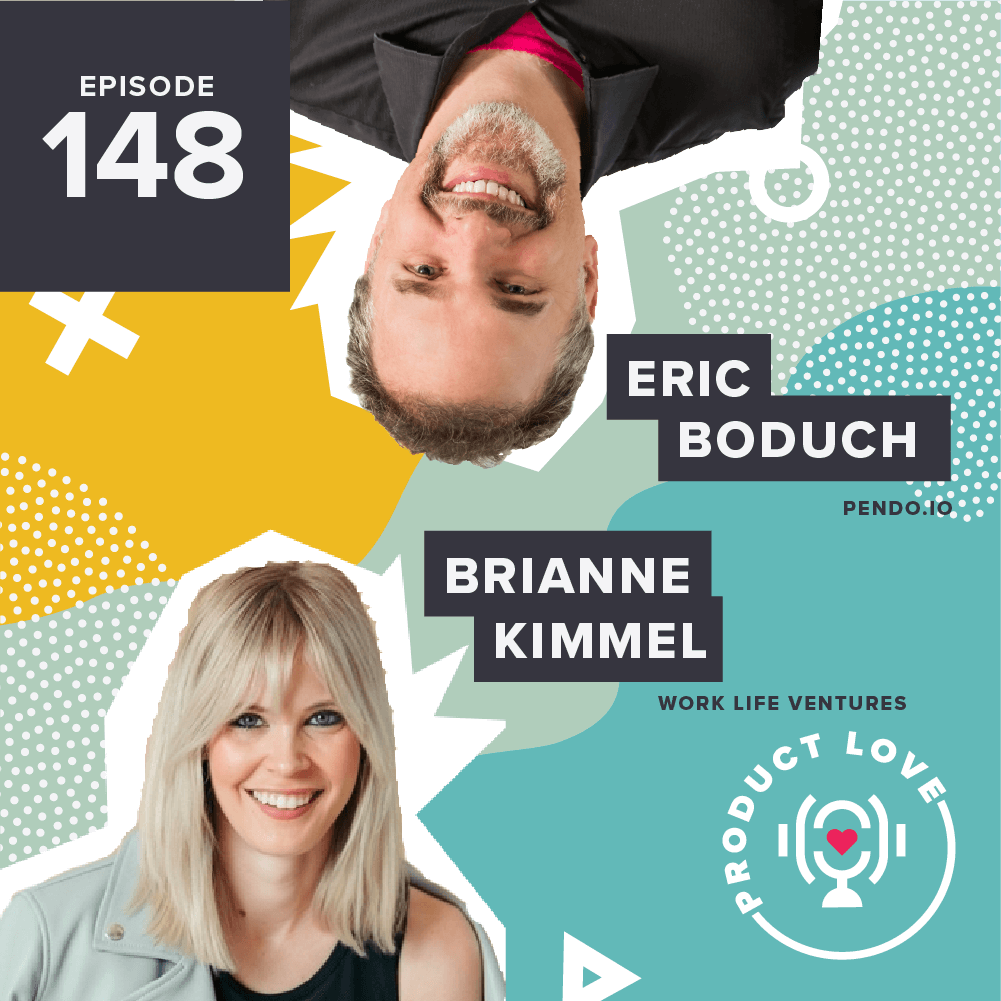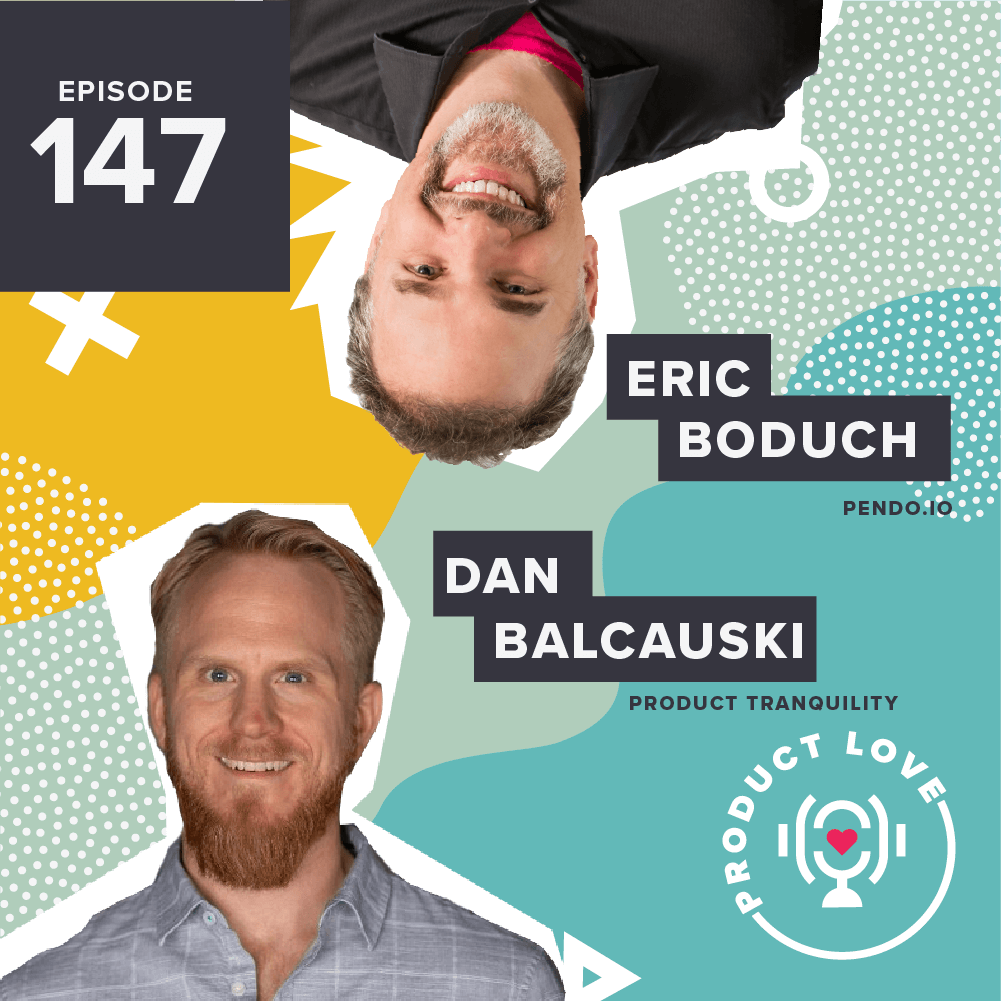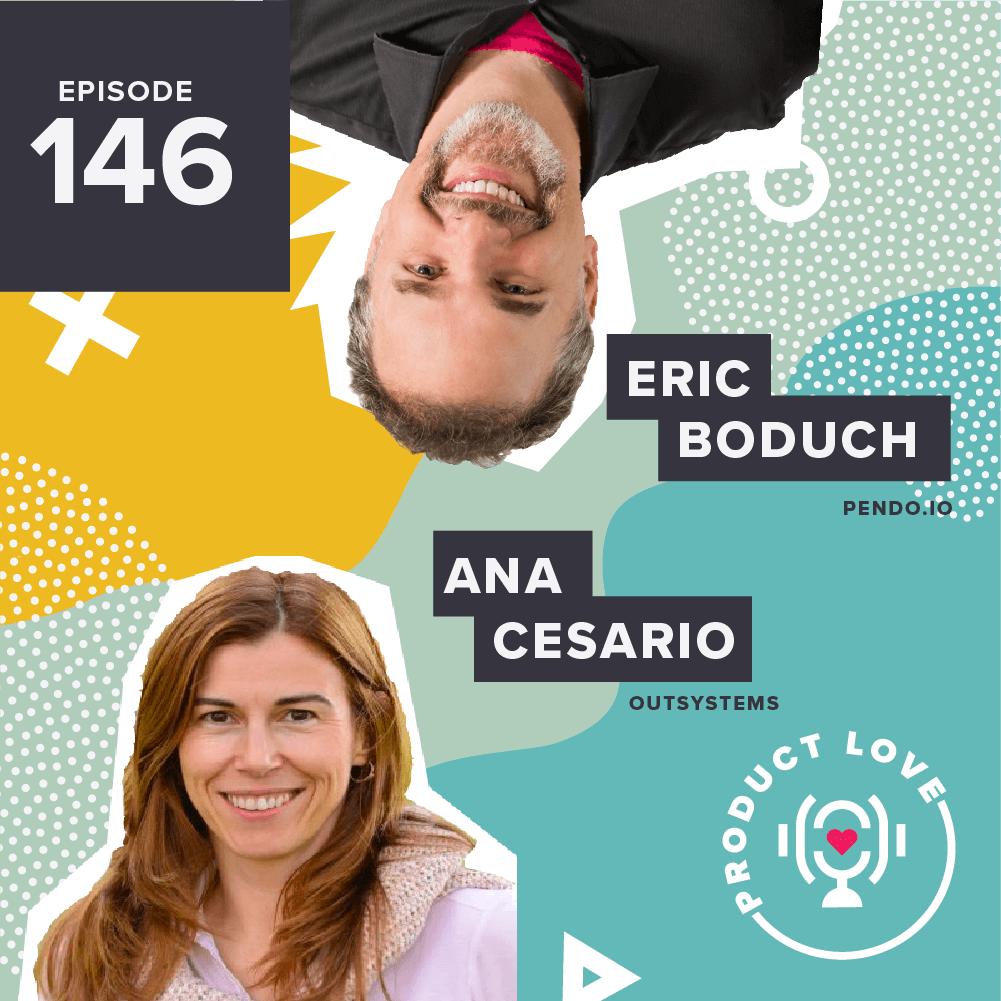This week on Product Love, I sit down with Todd Olson, CEO of Pendo, a product cloud that brings product analytics, user feedback, and guided user engagement into one integrated platform. You might recognize him as a contributor on ProductCraft who wrote a series of essays about the similarities between raising start-ups and kids (spoiler alert: they’re both hard). He’s also a long-time friend of mine.
Todd and I can trace our entrepreneurial stints back to our college days at Carnegie Mellon where our friendship formed. We started companies together, ventured into our own career paths, and came back to start Pendo.
Before he was the CEO of Pendo, he led product at various companies, including TogetherSoft and Rally.
The PM Role
Like many product managers, Todd initially didn’t know this role existed.
Back then, product management existed in the shadows of engineering, product, and business. In the early days when Todd had a more technical title, his work reflected more of what one would expect from a product manager today. His team was big enough that he didn’t need to roll up his sleeves and code, so he prioritized figuring out what the market wanted and the direction the product should take.
His natural inclination was to become a product manager. Rather than solving hard technical issues, he enjoyed discovering the answers to questions like, “How do we find and implement solutions to our business’s problems?”
The Product Team
When building a product team, Todd believes in balance. His goal is strength-based leadership, where teams rely on each member’s specific skillsets. Some people should be visionaries and influencers, but executors (aka the “get stuff done” people) are equally important.
When hiring product managers specifically, he looks for candidates with a bias toward shipping and experimentation. The faster a product ships, the faster the team gets feedback. Experimentation allows for hypotheses and “educated guesses” that can be tested and refined with data-driven results.
Quantitative vs. Qualitative Feedback
Are product managers ever simply guessing? Todd admits that it happens. In some cases, their guesses might be perfectly accurate and everyone can rejoice and sigh in relief. Other times? They can be wildly and painfully wrong.
So, how can PMs reduce the risk of the latter? Todd believes in marrying quantitative data and qualitative feedback to get powerful insights that drive decision-making. Deep dives into product usage analytics can reveal interesting user stories. For instance, he once witnessed a single customer use a feature hundreds of times for a specific function. While the feature wasn’t built for that, the product team found a new and unexpected use case for their product.
However, Todd says it’s important to realize that data can never tell you exactly what to build; it can only inform decisions, not make them. And sometimes, qualitative feedback like customer interviews can be just as useful as hard numbers.
“Does It Drive Value?”
Our conversation veered towards the importance of consistently create value for customers. In order for product teams to build valuable user experiences, they need to understand what’s worth building and what isn’t. Also, teams should know what percentage of their products are being used and how many are collecting dust.
New York Times bestselling author Marie Kondo asks her clients, “Does it spark joy?” when asking them to de-clutter. Todd asks the equivalent for product managers: “If it’s not driving value, why build it?”


